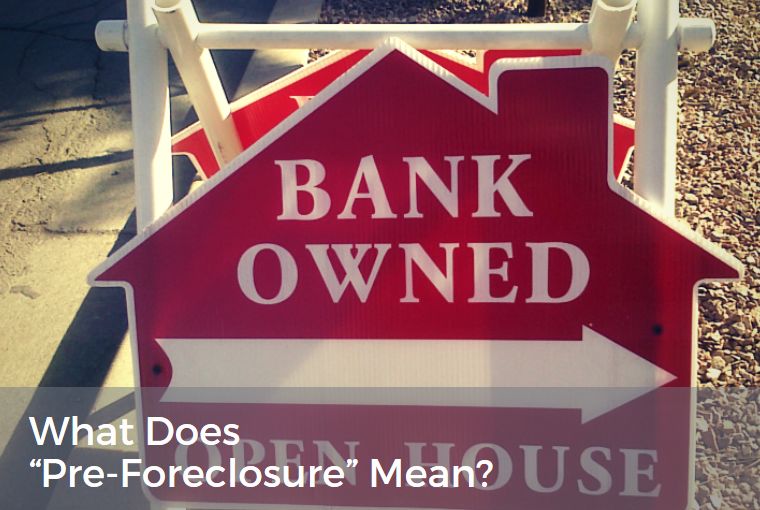There are three stages of distressed properties – short sale, Pre-Foreclosure, and Foreclosure. Before you start looking at Short Sales and Foreclosures (also referred to as bank owned homes or REOs), it’s a good idea to familiarize yourself with the stages. Each come with their own set of expectations in reference to buying and you may find one or more aren’t suitable for your needs.
A Short Sale occurs when an owner is struggling to make payments and is attempting to sell the home for less than they owe. The bank that owns their loan must approve the sale, and will likely do so if the offer price is reasonable and the sellers meet certain hardship requirements. Short Sales have been known to take a few months to close due to the processing of paperwork in the bank.
A Pre-Foreclosure means that the seller has received notice that foreclosure is imminent, but is still the owner of the home. Pre-Foreclosures are usually not for sale. When they are for sale, they’re usually referred to as Short Sales. However, if a home is labelled as a Pre-Foreclosure, it doesn’t necessarily mean that the owner wants to sell, hence the divergence of labels. Still, there are websites that will list Pre-Foreclosures and the stage at which homes are in for foreclosure. Some investors (good and bad) will watch these listings and contact owners to see if they’re willing to sell. We don’t recommend normal buyers to go this route, as there’s a lot of gray area with the Pre-Foreclosure label.
A Foreclosure is a property owned by the bank. Most banks attempt to sell properties through the Multiple Listing Service, just like regular resales. Buyers often believe “Foreclosure” to be synonymous with “Deal”, but that’s not always the case. Foreclosures are often sold “as-is” and sometimes owners take out their wrath on the home before they move out. Some banks do work on Foreclosures before they’re listed. Some will agree to do minor repairs. However, buyers should not expect much from the bank, because they don’t want to put money into the home when they’re already losing it. Other times, foreclosures are auctioned on the steps of the courthouse sight un-seen and to the highest bidder without any warranty for the condition. For most buyers, that’s not a gamble they’re ready to take.
No matter which stage a distressed property is in, it’s important to know that they are not suitable for buyers who need to purchase on a tight timeline. Foreclosures are usually much quicker to close than Short Sales because there are fewer people involved, but there’s a good chance some work will need to be done to the property before move-in. If flexibility is an issue for you, it’s best to narrow your search to normal resales.
Have a question about distressed properties in the Wilmington area? Give us a call at (910) 202-2546 or send us a message through our Contact page.



